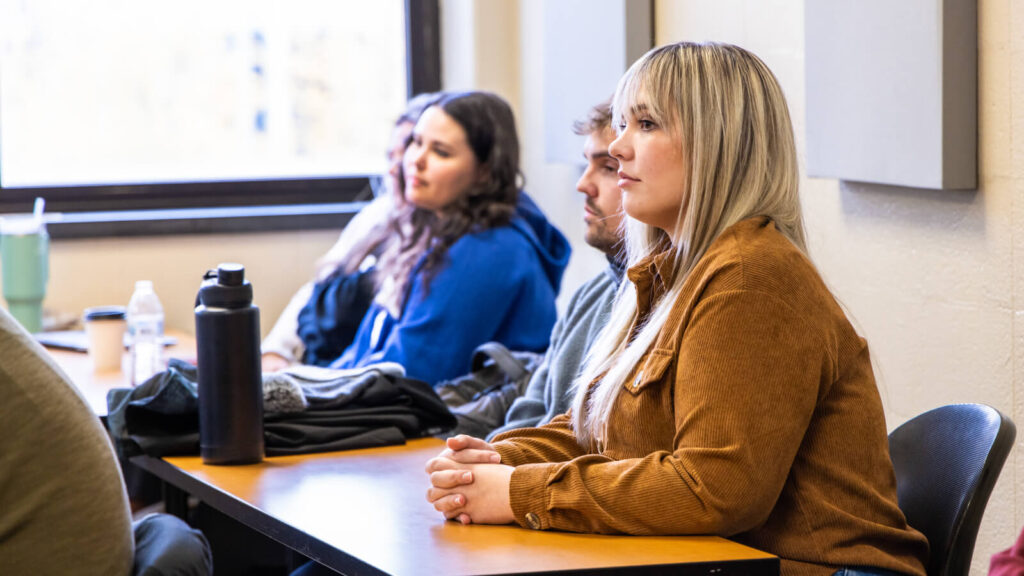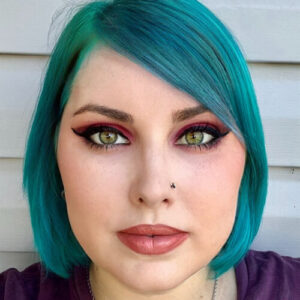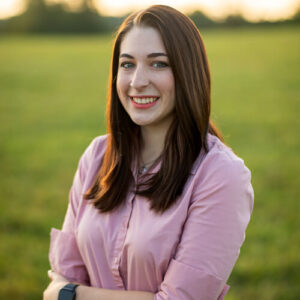
Department of Clinical Therapeutic Programs
College of Education & Applied Human Sciences
Department of Clinical Therapeutic Programs
College of Education & Applied Human Sciences
Be Empowered to Support Those with Communication and Mental Health Needs
Gain the skills and knowledge needed to enhance the quality of life of individuals with communication, swallowing, counseling and mental health needs and the lives of their caregivers, families, and communities. Dynamic and innovative academic programs in communication disorders, mental health counseling and school counseling provide a foundation for a rewarding career or career advancement.
Learn More
Department of Clinical Therapeutic Programs Degrees & Certificates
Undergraduate Programs
graduate Programs

Why Study Clinical Therapeutic Programs
Be prepared to create a society in which individuals with communication and mental health needs are supported to participate in life. Eastern Kentucky University’s Department of Clinical Therapeutic Programs consists of students, faculty, alumni, and community partners who are making a true difference in the lives of others.
Student Stories & Features
Quick Links
Upcoming Events
News & Updates
EKU Climbs the Ranks for Best Public Affairs Program
Contact Information
Department of Clinical Therapeutic Programs
Wallace Building
Room 201
859-622-1125
cou.csdoffice@eku.edu



